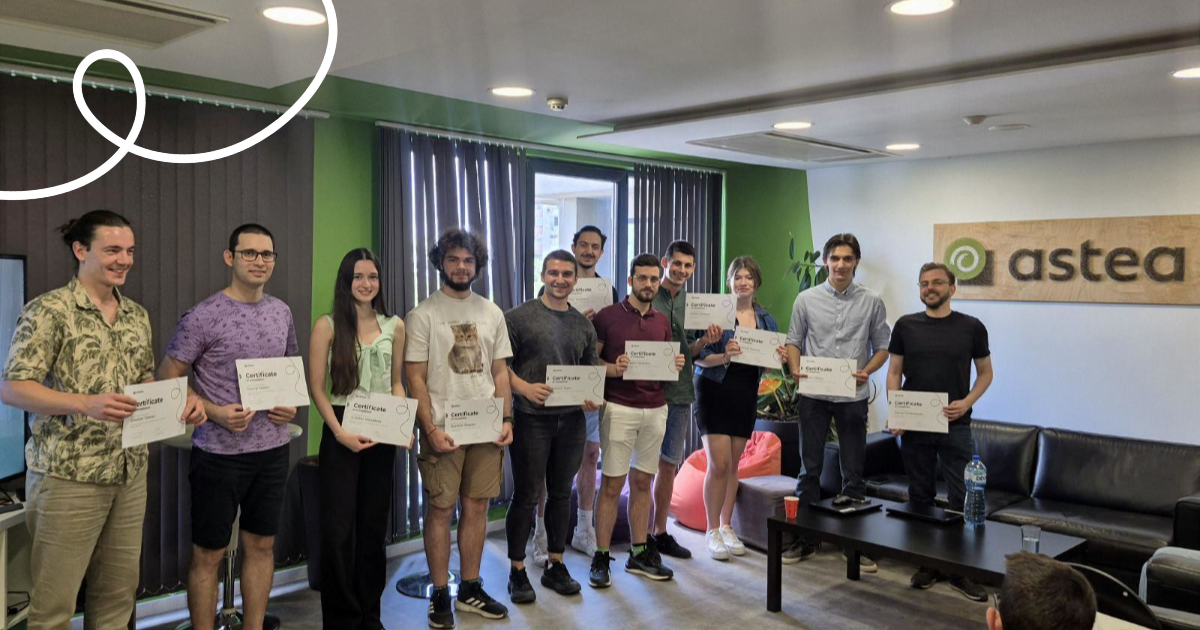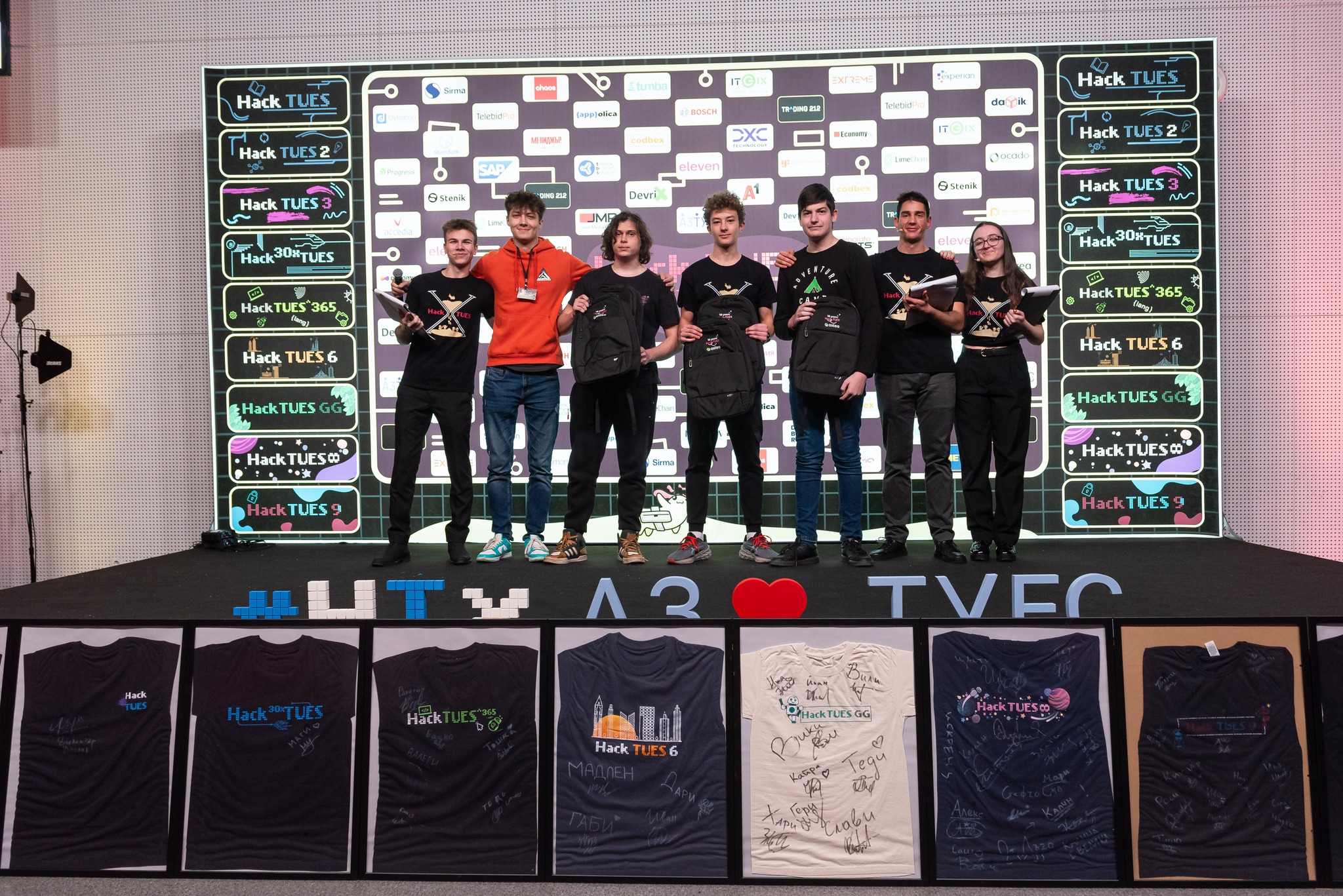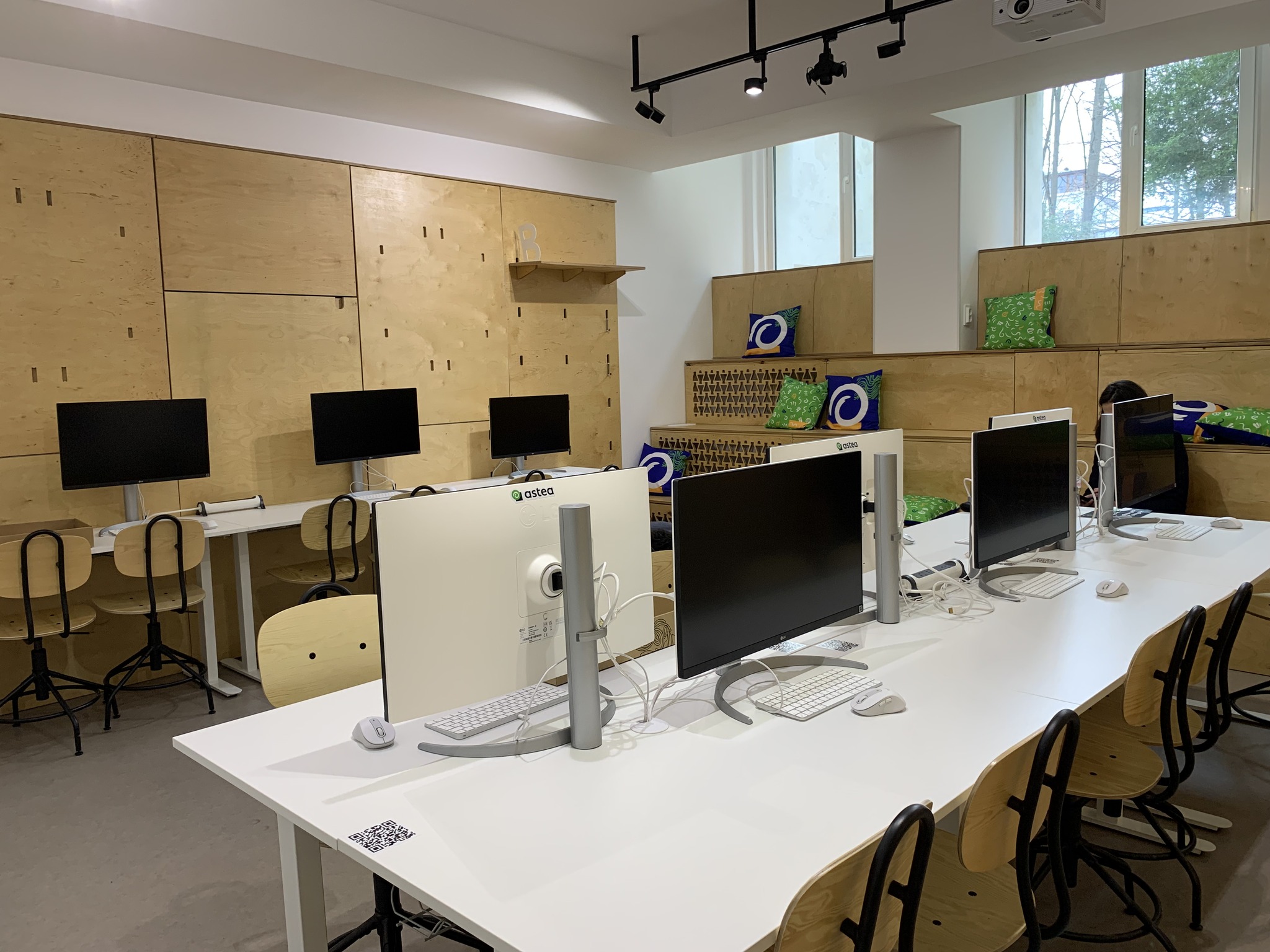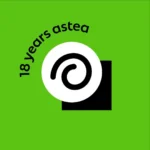The Futures Forum on Learning, an organization that supports innovation in the field of learning engineering, announced the winners of its Tools Competition. Among them is the global non-profit organization NABU that ranked among the Mid-Range & Large Prize winners with its project called NABU formative literacy assessment.
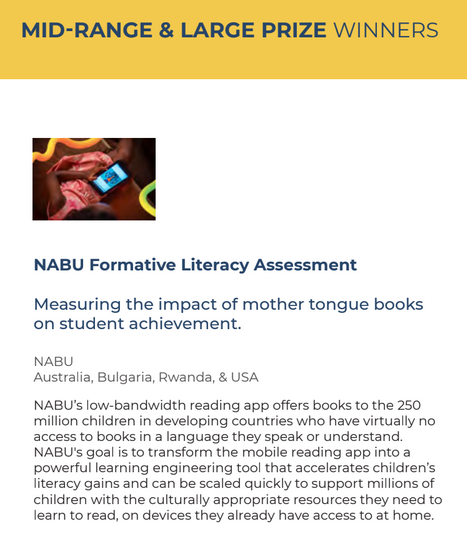
The Tools Competition
The Tools Competition aims to advance the field of learning engineering and to address the educational impact of COVID-19. Learning engineering seeks to use the advances in computer science, learning science, and data to put education on a rapid and continuous improvement cycle. Moreover, the pandemic has highlighted the importance of creating a sustainable technological infrastructure to improve student outcomes. The main focus is building a culture where researchers can help education designers iterate quickly, learn from their previous experiments and contribute to student learning globally. The competition offers more than $1.5 million in awards to fund tools, platforms, and research projects in the education field.
The NABU formative literacy assessment
The award-winning non-profit organization NABU aims to solve the imbalance in children’s book creation and distribution. Their low-bandwidth reading platform NABU.org, designed and developed by Astea Solutions, provides free access to mother tongue reading books for children in developing countries.
In line with their mission, NABU ranked in the Tools Competition with their project called NABU formative literacy assessment. The goal is to integrate literacy gamification into the NABU.org app to measure and assess the impact of reading mother tongue books on student achievement. The project will impact 250 million children worldwide and will focus on reading patterns as well as on the way the environment and parental involvement can impact literacy outcomes.
With the help of the financial prize, NABU will be able to collect the largest open dataset of this kind and will help drive understanding of how literacy develops amongst the most vulnerable children. The team will also share its insights into child literacy with external academic researchers to better understand traditionally under-researched cultures. Last but not least, the collected data will boost future product improvements.
You will find more information about the Tools Competition and the winners here:
https://tools-competition.org/winners/
